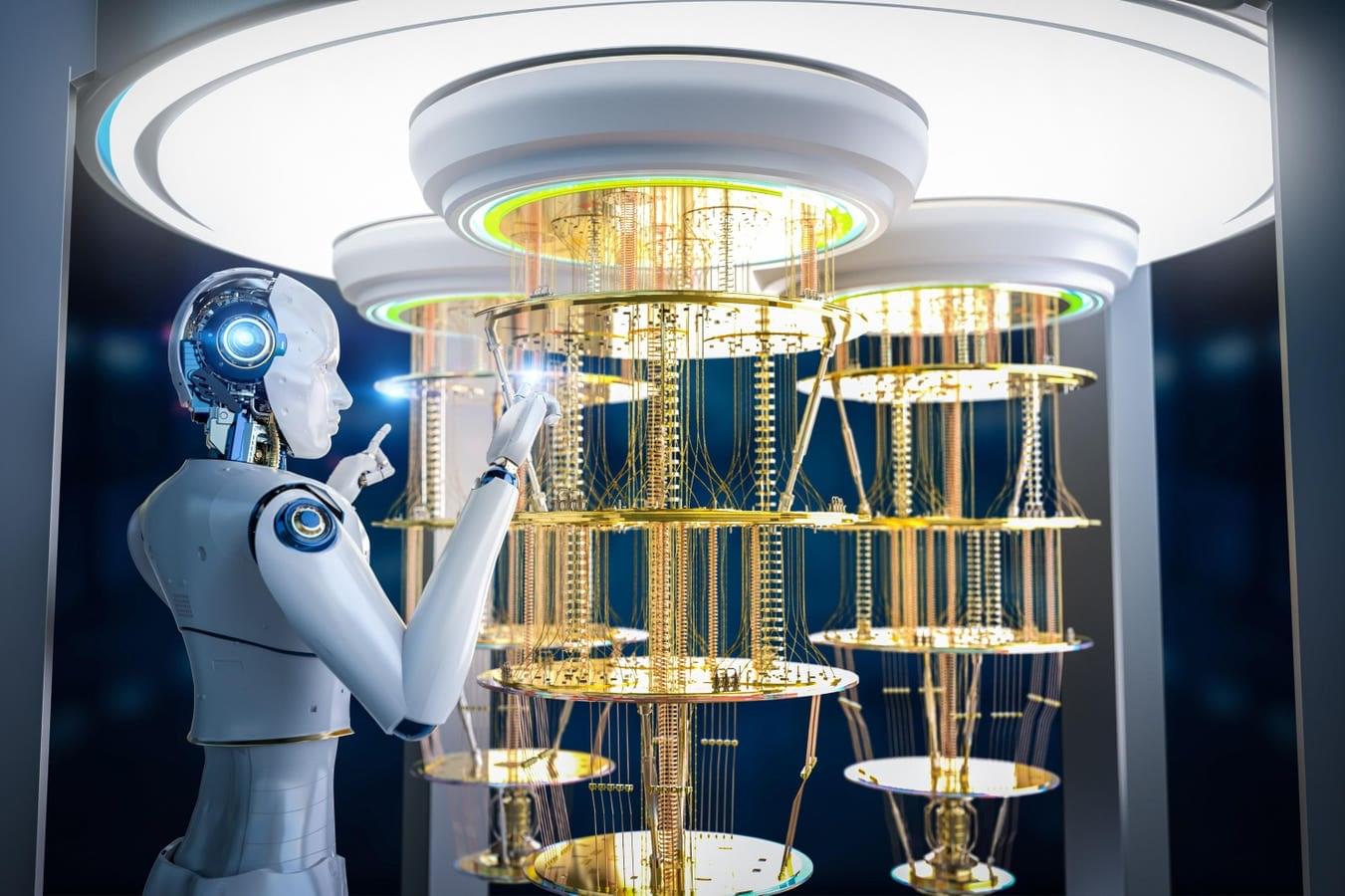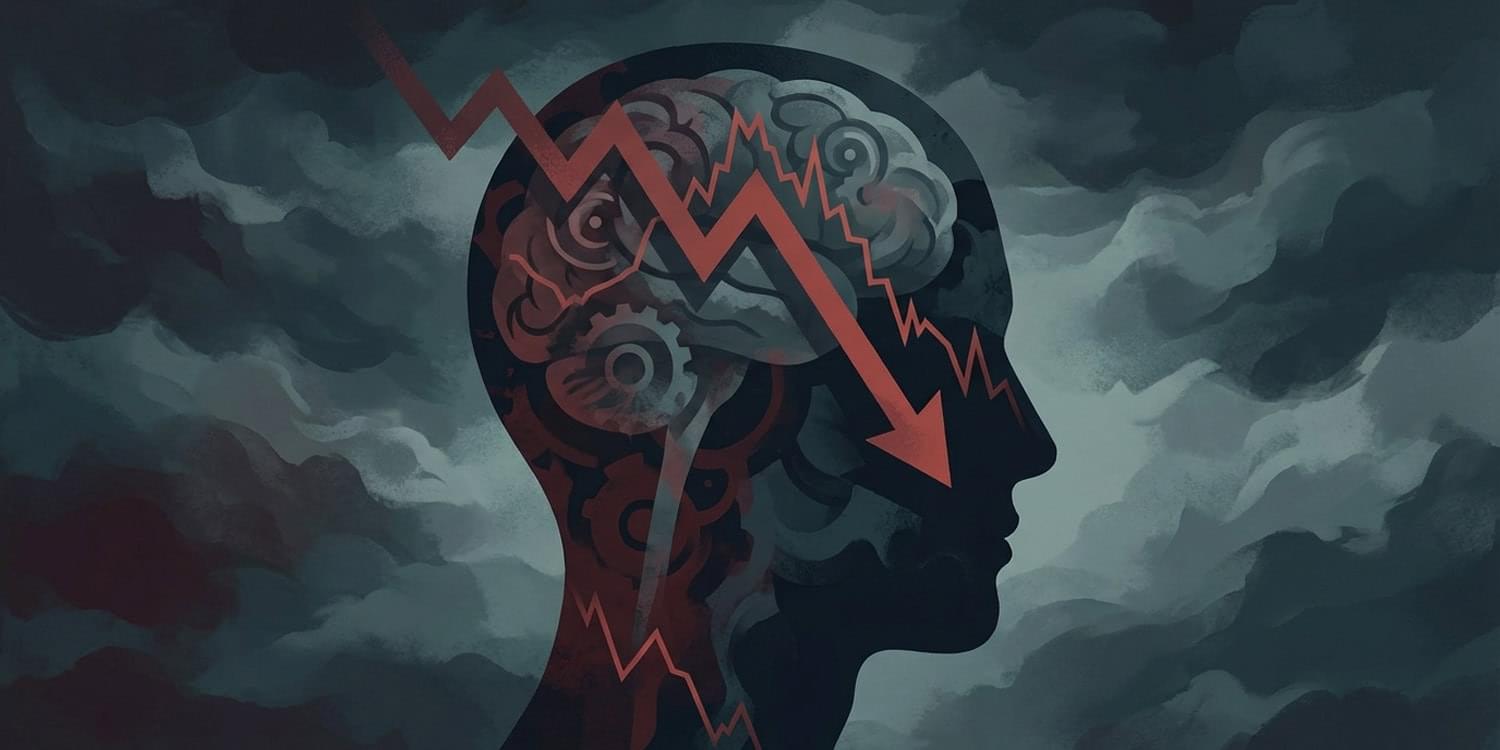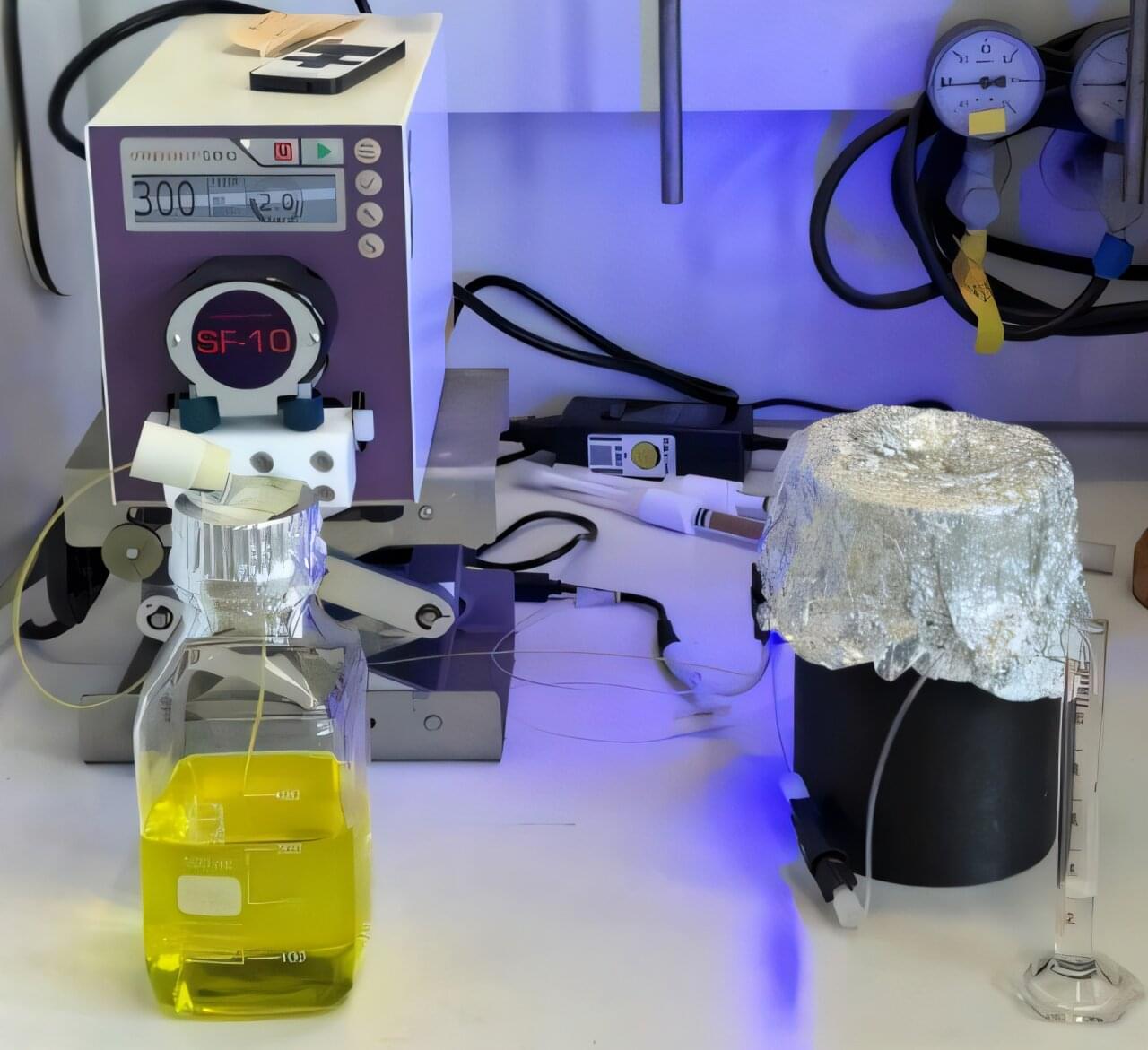From skilled trades to startups, AI’s rapid expansion is the beginning of the next massive computing platform shift, and for the world’s workforce, a move from tasks to purpose.
At a packed mainstage session at the annual meeting of the World Economic Forum in Davos, Switzerland, NVIDIA founder and CEO Jensen Huang described artificial intelligence as the foundation of what he called “the largest infrastructure buildout in human history,” driving job creation across the global economy.
Speaking with BlackRock CEO Larry Fink, Huang framed AI not as a single technology but as a “a five-layer cake,” spanning energy, chips and computing infrastructure, cloud data centers, AI models and, ultimately, the application layer.


